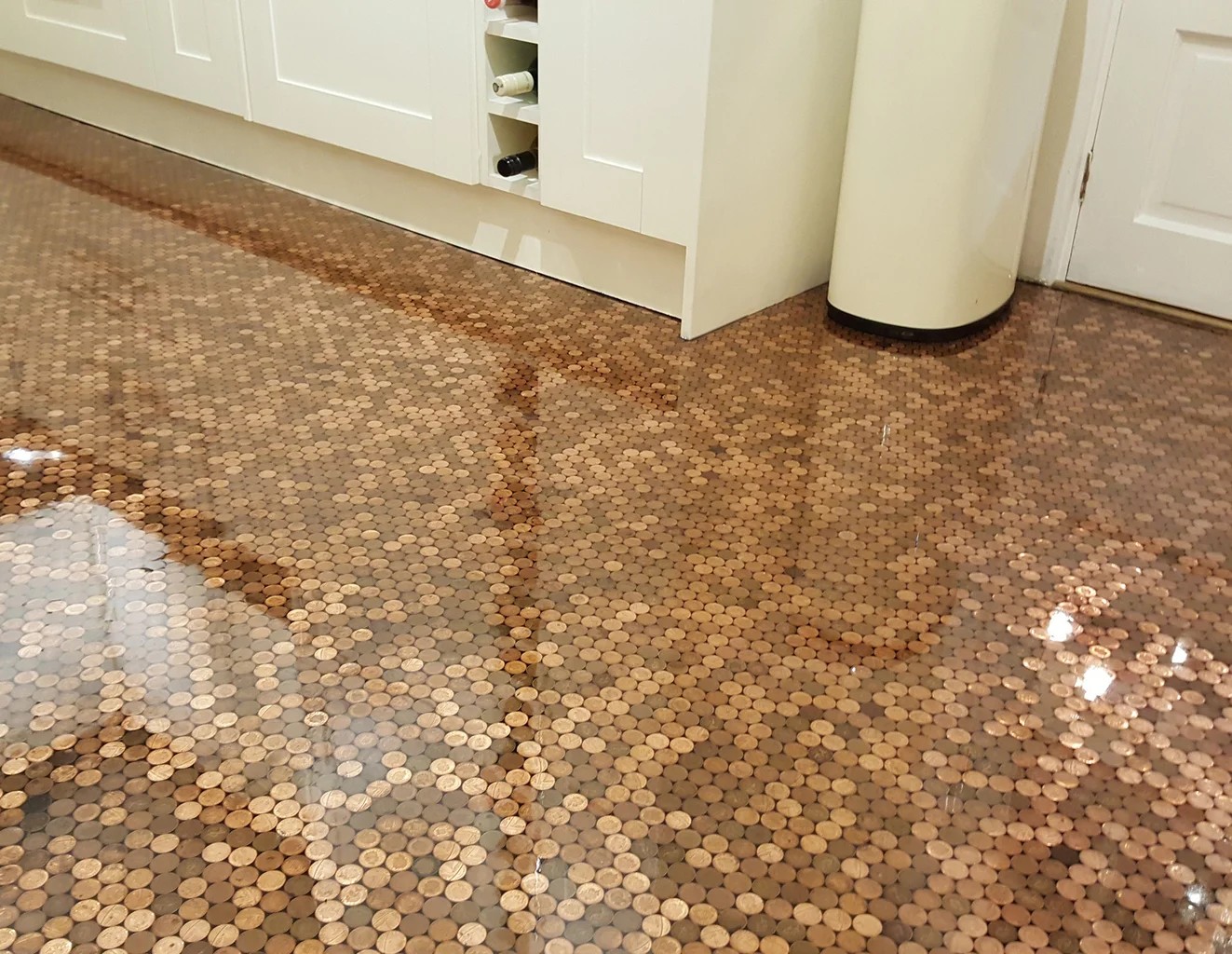When it comes to selecting the best flooring option for your space, there are several factors to consider. Among the numerous choices available, resin flooring has become a popular option due to its durability, versatility, and aesthetic appeal. Whether you’re renovating your home, office, or a commercial space, durable resin flooring offers a sleek, functional, and long-lasting solution. But how do you know if it’s the best choice for your project? Let’s break it down to help you make an informed decision.
1. Understand the Different Types of Resin Flooring
Industrial resin flooring is a broad term that encompasses different types of resin flooring systems made from synthetic materials. Understanding the differences between these types will help you choose the right one for your project:
- Epoxy Resin Flooring: Known for its durability and strength, epoxy flooring is an excellent option for industrial spaces, garages, and areas that experience heavy foot traffic. It can withstand harsh chemicals and extreme conditions, making it perfect for environments like factories, warehouses, and laboratories.
- Polyurethane Resin Flooring: This type of flooring is more flexible and resistant to abrasion, making it ideal for spaces where there’s a lot of movement or impact, such as gyms or kitchens. Polyurethane resin flooring can also withstand UV light, making it suitable for areas exposed to direct sunlight.
- MMA (Methyl Methacrylate) Resin Flooring: MMA flooring is highly effective in environments that require fast curing and quick installation, such as hospitals, retail stores, and schools. It offers a high degree of resistance to heat and chemicals, and its quick-drying properties make it ideal for projects with tight timelines.
Each type has its own unique benefits, so it’s important to choose one that aligns with the specific demands of your space.
2. Consider the Area of Application
The environment in which the resin flooring will be installed plays a huge role in determining the best option. Ask yourself the following questions:
- Traffic Volume: Will the area experience heavy foot or vehicle traffic? For high-traffic areas, choose a resin that offers superior durability, like epoxy or polyurethane, which can withstand wear and tear over time.
- Exposure to Chemicals or Stains: If the flooring is going to be exposed to chemicals, oils, or spills, opt for a resin flooring system with high chemical resistance, such as epoxy or polyurethane. These types can easily handle spills without compromising their appearance or integrity.
- Environmental Conditions: Are you installing the flooring in an area exposed to UV rays or moisture? If so, you should choose a resin that is UV stable (like polyurethane) and waterproof to avoid degradation.
- Aesthetics and Design: Resin flooring is highly customisable, with a wide range of colors, finishes, and textures. You can even create unique designs with colored flakes or metallic pigments. If you’re aiming for a specific design aesthetic, resin flooring can provide the versatility to meet your vision.
3. Evaluate Durability and Maintenance
One of the standout features of resin flooring is its durability. However, the lifespan of your resin flooring depends on the type of resin used and how well it is installed. Properly installed resin flooring can last for many years, making it a cost-effective option in the long run.
Resin flooring is also low-maintenance compared to other flooring types like wood or carpet. It doesn’t require waxing or regular refinishing. Most types of resin flooring are easy to clean, with just a mop and basic cleaning solution needed for routine maintenance. However, you should inquire about the specific maintenance requirements of your chosen resin flooring, as some systems may require occasional resealing or protective coatings to maintain their appearance.
4. Budget Considerations
While resin flooring is an excellent investment in terms of durability and longevity, it’s essential to consider the cost. The initial cost of resin flooring can vary depending on the material used (epoxy, polyurethane, MMA) and the complexity of the installation process. While it may be slightly more expensive than traditional flooring options, resin floors often provide better long-term value due to their durability and low maintenance.
Make sure to get a detailed quote that includes the cost of both materials and installation. If you’re working on a large-scale project, it’s a good idea to compare prices from multiple suppliers and installers to ensure you’re getting the best deal.
5. Consult with Experts
If you’re still unsure which resin flooring system is best for your project, don’t hesitate to consult with flooring experts. Professional installers can assess your space’s specific needs and recommend the ideal resin flooring option based on factors like traffic, environmental conditions, and design preferences. They will also ensure proper installation, which is crucial to the performance and longevity of your resin floor.
6. Look for Quality Installation
Even the best resin flooring won’t perform well without proper installation. Ensure that you hire experienced installers who are knowledgeable in handling resin flooring materials. Proper surface preparation, mixing of materials, and application techniques are critical to achieving a smooth, long-lasting finish.
Conclusion
Resin flooring is an excellent choice for a wide range of projects, from industrial spaces to residential areas. With its durability, customisation options, and low maintenance, it’s a great option for those looking for a high-performance flooring solution. When selecting resin flooring for your project, consider the type of resin that suits your environment, the amount of traffic, and the aesthetic requirements of the space. By working with experts and ensuring proper installation, you can enjoy a beautiful, durable floor that will last for many years.

